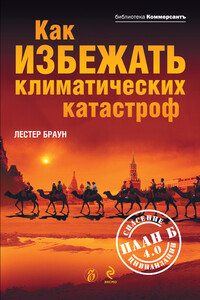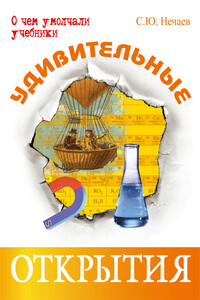Английский язык для специальных и академических целей: Международные отношения и зарубежное регионоведение. Часть 1 | страница 45
Three engineering students are discussing what sort of God must have designed the human body. The first says, “God must be a mechanical engineer. Look at all the joints.”
The second says. “I think God must be an electrical engineer. The nervous system has thousands of electrical connections.”
The third says, “Actually, God is a civil engineer. Who else would run a toxic waste pipeline through a recreational area?”
***
The “Post Ergo Propter Hoc” Fallacy /“After this, therefore because of this”/
The phrase describes the error of assuming that because one thing follows another, that thing was caused by the other. For obvious reasons, this false logic is popular in sociopolitical discourse, such as “Most people hooked on heroin started with marijuana.” True, but even more started with milk. Post hoc makes life more entertaining in some cultures: “the sun rises when the rooster crows, so the rooster's crowing makes the sun rise.” Thanks, rooster! Or take our colleague:
Every morning she steps out onto her front stoop and exclaims, “Let this house be safe from tigers!” then she goes inside.
Finally we said to her, “What's that all about? There isn't a tiger within a thousand miles from here.”
And she said, “You see? It works!”
In general we are deceived by this fallacy because we fail to see there's another cause at work.
***
Circular argument is an argument in which the evidence for a proposition contains the proposition itself. [ ]
It was autumn, and the Indians on the reservation asked their new chief if it was going to be a cold winter. Raised in the ways of the modern world, the chief had never been taught the old secrets and had no way of knowing whether the winter would be cold or mild. To be on the safe side, he advised the tribe to collect wood and be prepared for a cold winter. A few days later, as a practical afterthought, he called the national Weather Service and asked whether they were forecasting a cold winter. The meteorologist replied that, indeed, he thought the winter would be quite cold. The chief advised the tribe to stock even more wood.
A couple of weeks later the chief checked in again with the Weather Service. “Does it still look like a cold winter?” asked the chief.
Unit I. UK: from Empire to Democracy
Unit I. UK: from Empire to Democracy
“It sure does,” replied the meteorologist. “It looks like a very cold winter.” The chief advised the tribe to gather every scrap of wood they could find.


